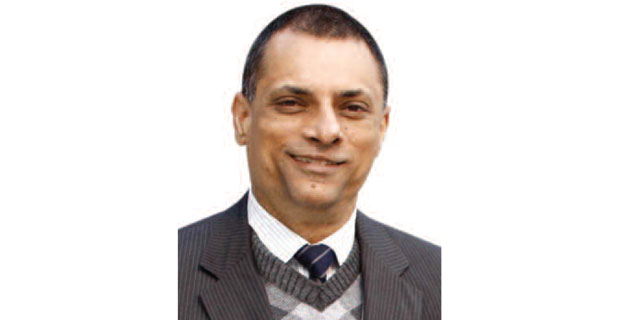Editor’s Desk
The Inanda Valley on the outskirts of Durban in South Africa has witnessed the inception and evolution of two of history’s greatest freedom movements. Mohandas Karamchand Gandhi started his movement of passive resistance, Satyagraha, at the Phoenix Settlement on the outskirts of Inanda in 1904. It was a little distance away from Durban where Gandhi had lived since 1893. Interestingly, three years prior to Gandhi’s move to the Phoenix Settlement, John Dube had established the Ohlange Institute in Inanda, the first ever educational body founded by a black South African. In 1912, Dube went on to found, with two others, the South African Native National Congress that later came to be known as the African National Congress (ANC). It was under the ANC’s banner that Nelson Mandela became the first President of South Africa in 1994.
It was at the Phoenix Settlement spread over a hundred-acre farm that Gandhi started the Indian Opinion, an activist weekly newspaper published in four languages that strove for civil rights of Indian South Africans. Even after Gandhi’s return to India, the newspaper continued to be published until 1961. Gandhi himself with his family lived in Sarvodaya at the settlement. Apart from a printing press, the settlement had a school and a clinic. It was here that Gandhi also published his first book, Indian Home Rule. Not unsurprisingly, Inanda is today dubbed the ‘cradle of South African democracy.’
Moving to the 22nd meeting of the Shanghai Cooperation Organisation (SCO) in Samarkand, Prime Minister Narendra Modi in the true manner of a world statesman put the message across to Russian President Vladimir Putin that “now is not the era of war.” It was the first time that India had expressed its disapproval of the intractable Russia-Ukraine war, but for the diplomatically aware it is quite clear that Mr Modi’s message was also meant for India’s immediate neighbor China whose president Xi Jinping was also attending the Summit.
They may have met after a long while, but over the past six months Mr Modi and Mr Putin have spoken several times over phone and underlined the significance of upholding the values of democracy, diplomacy and dialogue. On his part, Mr Putin did say that he too wants to end the nine-month old conflict at an early opportunity. Now it is his turn to match his words with intent and action.
A few days later at the 77th session of the United Nations General Assembly at its headquarters in New York City, French President Emmanuel Macron backed Mr Modi’s Samarkand statement. He said that PM Modi was right by stating that this is not the time for war. Spoken on a world stage in front of several global leaders, Mr Macron’s words are a clear sign that the world leadership expects, above everyone else, that Mr Modi with his diplomatic and business acumen and considerable political chutzpah will eventually prevail on the Russian President to bring the war to a quick end. After all, India stepped up its buying of Russian gas during the Ukraine crisis like never before, even at the cost of antagonizing some of the leadership in the EU and US. This has greatly helped the Russian economy at a time it needs economic support the most.
There are also many stories of interest in the magazine focusing on international events, business and governance. It would be nice to get your feedback on our coverage.
Sayantan Chakravarty
sayantanc@gmail.com











Comments.